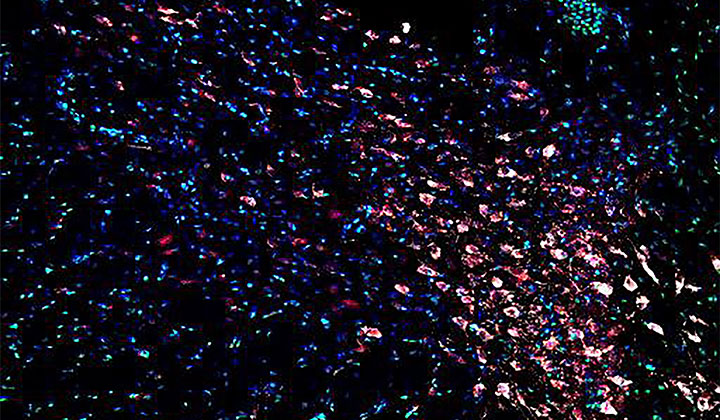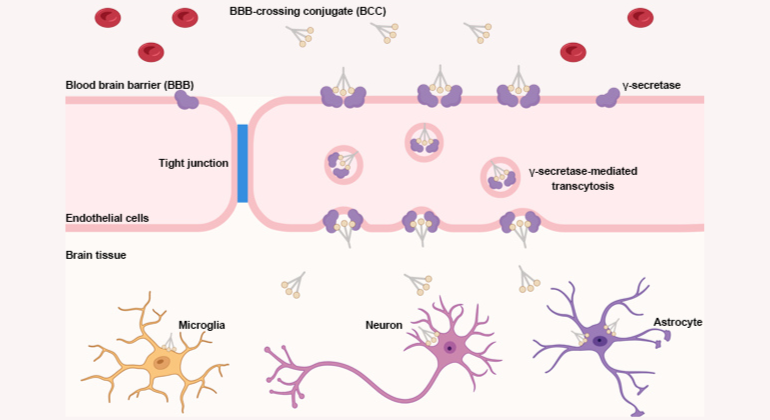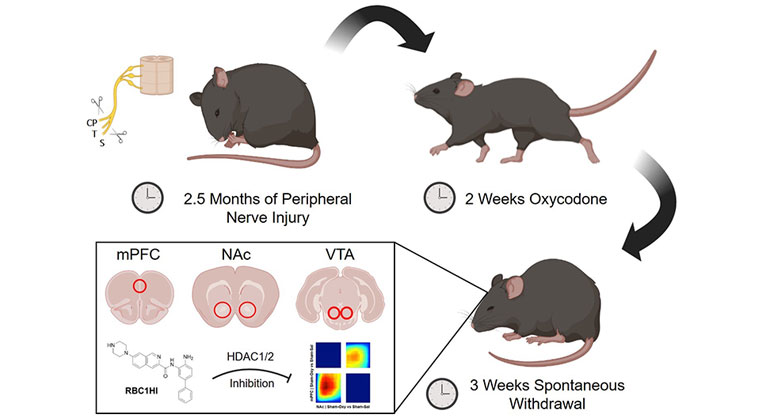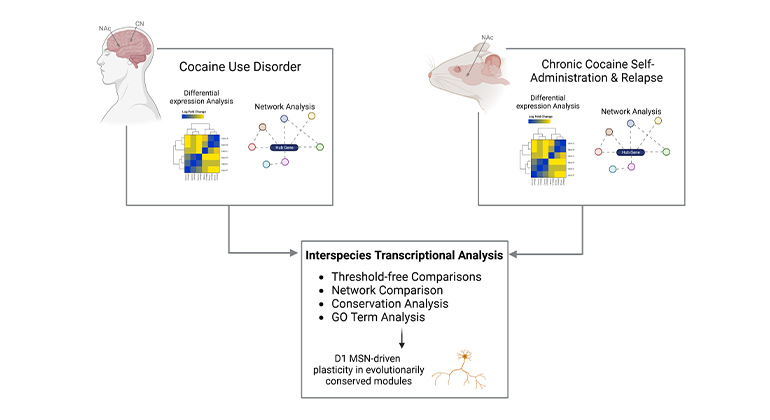"Can A Pill That Boosts ‘Resilience’ Treat Depression?" - Gary Stix
Weathering adverse life events is a trait to be cultivated. Neuroscientists are learning the story is not quite so simple, and that some people are likely better equipped from birth to deal with adversity. During the last 15 years discoveries about why some brains excel at resisting stress have initiated a search for new drugs to treat depression and post-traumatic stress disorder by enhancing psychological resilience. One of these compounds has now entered early-stage clinical trials. But depression does not affect everyone, and the molecular biology of resilience for psychiatric disorders can be clearly seen by inspecting the brains of lab animals. Observing this seemingly adaptive behavior, investigators started to probe the genetics and neurochemistry that distinguish the more resistant animals. “Manyfold more genes were regulated in the resilient animals than in the susceptible animals across several brain regions,” said Eric Nestler, MD, PhD, dean for academic and scientific affair and director of the Friedman Brain Institute at the Icahn School of Medicine at Mount Sinai. “That was a real surprise to us.” Mount Sinai Health System has become a nexus for resilience research, with studies conducted by several laboratories on both psychology and neurobiology of adapting to stress.
- Eric Nestler, MD, PhD, Dean, Academic and Scientific Affairs, Director, Friedman Brain Institute, Professor, Neuroscience, Pharmacological Sciences, Psychiatry, Icahn School of Medicine at Mount Sinai

Eric J. Nestler, MD, PhD, Wins the 2023 Peter Seeburg Integrative Neuroscience Prize
Oct 30, 2023 View All Press Releases
Mount Sinai Launches Neural Epigenomics Research Center
May 23, 2022 View All Press Releases







